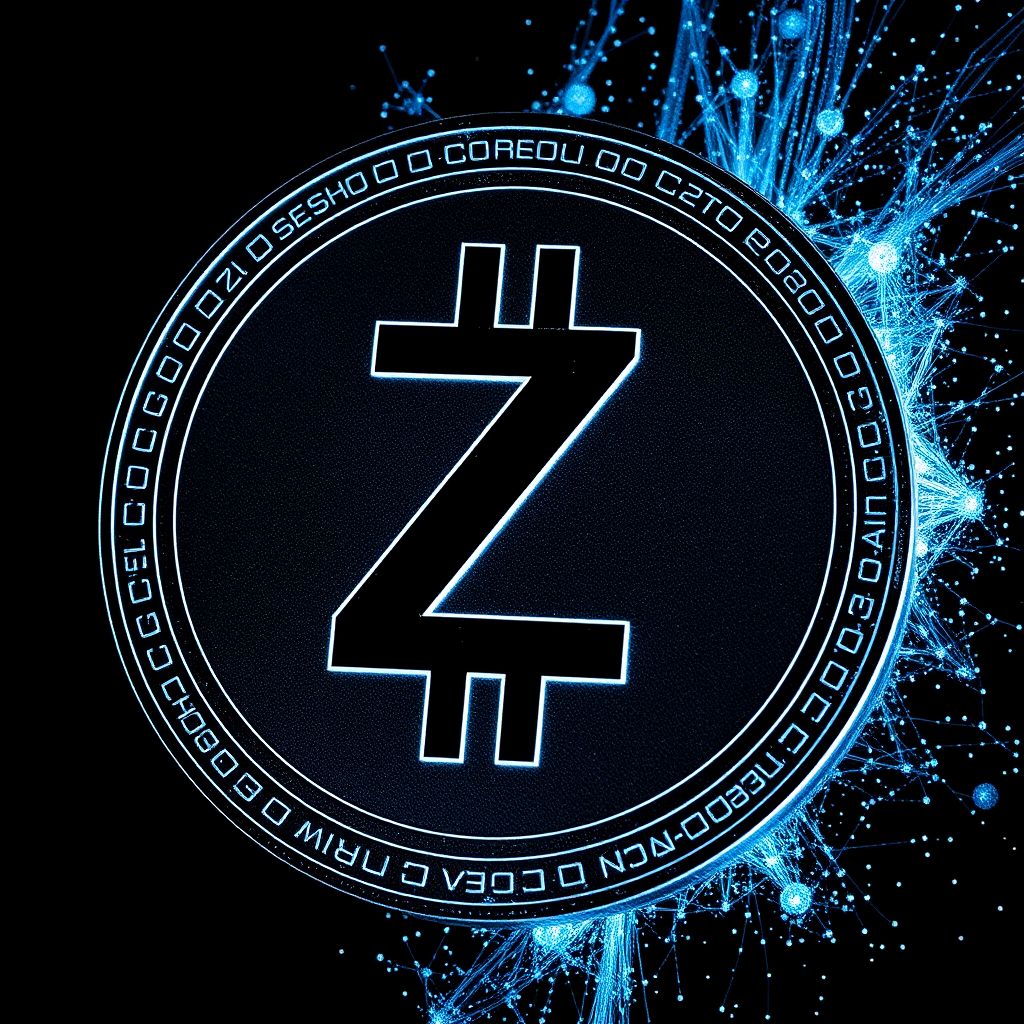Zcash (ZEC) has surged to prominence in the cryptocurrency landscape, overtaking Monero (XMR) to become the leading privacy-centric digital asset. On Friday, Zcash reached its highest valuation in more than eight years, climbing to a market capitalization of $6.2 billion and a price of $388 per token. This notable uptrend defied the broader crypto market, which has been experiencing a general slowdown amid macroeconomic uncertainties, including stalled trade negotiations between the U.S. and China.
The recent rally saw Zcash appreciate 45% over the past week, positioning it as the top privacy coin in the market. This performance marks a significant shift in investor sentiment, with growing enthusiasm around privacy-preserving assets. These digital currencies, including Zcash and Monero, differentiate themselves by offering enhanced anonymity, shielding transaction details such as sender and recipient addresses, as well as the amount transferred—unlike Bitcoin, which remains pseudonymous but traceable on-chain.
The surge in ZEC’s value was partially fueled by renewed investor optimism following a bullish price forecast from Arthur Hayes, co-founder of BitMEX. Hayes recently projected that Zcash could reach $10,000 per token, igniting a wave of speculative interest. In the hours following his prediction, ZEC leapt from $272 to $355—an early sign of momentum that continued throughout the week.
Despite the bullish trend, some large holders, commonly referred to as “whales,” have begun taking profits. Data from blockchain analytics firm Nansen revealed that while the number of ZEC token holders increased by 63% to 1,968 over the past week, whale addresses offloaded approximately $702,000 worth of tokens. This activity suggests a nuanced market dynamic, where retail investors may be entering the market even as larger players cash out.
Simon Dedic, founder of Moonrock Capital, underscored the significance of Zcash’s rally, noting that the token has delivered a tenfold return over just two months. Highlighting its multi-billion-dollar valuation, Dedic emphasized that ZEC’s performance is not merely speculative frenzy but a reflection of real investor demand for privacy solutions in an increasingly surveilled financial world.
Zcash’s resurgence also comes at a time when global interest in data privacy is intensifying. With governments across the globe increasing scrutiny on digital transactions and tightening regulations, privacy coins are gaining traction as tools for maintaining financial sovereignty. Unlike traditional cryptocurrencies that leave an audit trail, privacy coins are built specifically to obscure transaction histories, making them attractive to users seeking discretion.
The evolution of the privacy coin market also reflects broader philosophical shifts within the crypto community. As blockchain technology matures, a growing segment of users is prioritizing not just decentralization, but also anonymity and censorship resistance. Zcash, with its implementation of zero-knowledge proofs (zk-SNARKs), offers one of the most advanced privacy protocols in the space, enabling verified transactions without revealing any underlying data.
The competition between Zcash and Monero has long been at the center of the privacy coin debate. While Monero uses ring signatures and stealth addresses to ensure anonymity, Zcash’s optional privacy features and advanced cryptographic techniques appeal to users looking for both transparency and privacy, depending on the use case. This flexibility may be contributing to Zcash’s recent edge in market capitalization.
Institutional interest in privacy coins is also emerging, albeit cautiously. While regulatory concerns have made many funds wary of investing in privacy-focused tokens, the growing demand from retail investors and the technological maturity of projects like Zcash may eventually lead to more mainstream adoption. As the narrative around digital privacy becomes more prominent, we may see increased institutional research, partnerships, and even integration with privacy-centric tools.
Looking ahead, the future of privacy coins remains uncertain but promising. Regulatory pressure, especially from jurisdictions like the United States and the European Union, poses a significant challenge. However, the resilience shown by Zcash amid market turbulence suggests that demand for private, censorship-resistant financial tools is far from diminishing.
At the same time, the broader crypto industry is evolving alongside Zcash’s success. The rise of decentralized finance (DeFi) and tokenized real-world assets (RWAs) is creating new opportunities for privacy technologies to be integrated into next-generation financial applications. If Zcash can position itself as a privacy layer for emerging blockchain ecosystems, its utility and value proposition could be further reinforced.
Moreover, the increasing use of artificial intelligence and advanced blockchain analytics tools by governments and corporations might inadvertently fuel further adoption of privacy coins. As surveillance capabilities grow, so too does the desire for tools that protect individual autonomy and confidentiality.
Zcash’s recent milestone is not just a temporary market anomaly—it is a reflection of a deeper shift in investor priorities. As the crypto market matures, the importance of financial privacy, technological innovation, and regulatory resilience will likely define the next wave of winners in the digital asset space. Whether ZEC can maintain its lead remains to be seen, but for now, its climb to the top of the privacy coin hierarchy marks a pivotal moment in the ongoing evolution of cryptocurrency.

